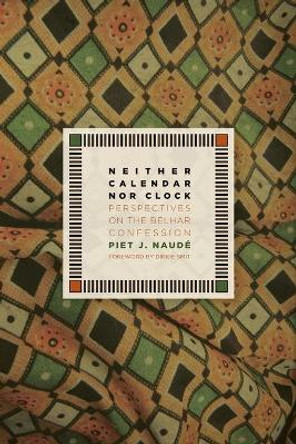Description
Payne draws on interviews, unedited television film, newspaper archives, and books written by perpetrators to analyze confessions of state violence in Argentina, Chile, Brazil, and South Africa. Each of these four countries addressed its past through a different institutional form-from blanket amnesty, to conditional amnesty based on confessions, to judicial trials. Payne considers perpetrators' confessions as performance, examining what they say and what they communicate nonverbally; the timing, setting, and reception of their confessions; and the different ways that they portray their pasts, whether in terms of remorse, heroism, denial, or sadism, or through lies or betrayal.
Focuses on perpetrators of human rights crimes, investigating confessions by human rights violators in contexts of transitional justice in South America and South Africa
About the Author
Leigh A. Payne is Professor of Political Science at the University of Wisconsin, Madison. She is the author of Uncivil Movements: The Armed Right-Wing and Democracy in Latin America and a coeditor of The Art of Truth-Telling about Authoritarian Rule and Business and Democracy in Latin America.
Reviews
"Unsettling Accounts is an extremely valuable contribution to social science scholarship. Leigh A. Payne's complex and nuanced analysis of when, why, and how perpetrators confess is far more sophisticated than any other research that I know about."-Lesley Gill, author of The School of the Americas: Military Training and Political Violence in the Americas
"Unsettling Accounts is unique in transitional justice literature in its extended focus on individual perpetrators and on confessions. Leigh A. Payne links individual stories to some of the most pressing questions in transitional justice scholarship."-Kathryn Sikkink, author of Mixed Signals: U.S. Human Rights Policy and Latin America
"This text is productive and can be used in a range of comparative politics, international relations, performance studies, and transitional justice courses of all levels. It contributes valuable methodological insights that are conducive to renovating academia, activist, and policy communities' theoretical engagements with violence. Payne's text encourages the reader to consider deeper theorizations of violence and survival within the frameworks of the state." -- Heather M. Turcotte * International Studies Review *
"Beyond its potential for underscoring the polemics involved in national reconciliation after state violence, this is a profound work because of its comparative, multidimensional, detailed, and nuanced analysis of what permeates post-conflict societies. Those who will benefit most from this volume are students of peace and conflict studies, practitioners, and general readers. The book is both thought-provoking and engaging in terms of its details and very useful framework." -- Earl Conteh-Morgan * American Historical Review *
"Payne provides a rich and original perspective on these historical processes in Argentina, Chile, Brazil and South Africa through a detailed analysis of the confessions of individuals responsible for past state violence." -- Alexander Wilde * A Contracorriente *
"This book makes a significant contribution to the fields of transitional justice and democratization by examining what happens when the institutional silence and denial of past crimes is broken by individuals. Payne's important point here is that, whatever the motivations of the perpetrator who confesses, the stories open up debate and help challenge the political consensus of supporters of the past repressive regime." -- Michael Humphrey * American Journal of Sociology *
Book Information
ISBN 9780822340829
Author Leigh A. Payne
Format Paperback
Page Count 392
Imprint Duke University Press
Publisher Duke University Press
Weight(grams) 535g



![Unsettling Accounts: Neither Truth nor Reconciliation in Confessions of State Violence by Leigh A. Payne 9780822340614 [USED COPY] Unsettling Accounts: Neither Truth nor Reconciliation in Confessions of State Violence by Leigh A. Payne 9780822340614 [USED COPY]](https://cdn11.bigcommerce.com/s-zkx5lhzlf8/images/stencil/444x444/products/4966369/4965587/9780822340614__99070.1722631177.jpg?c=1)





